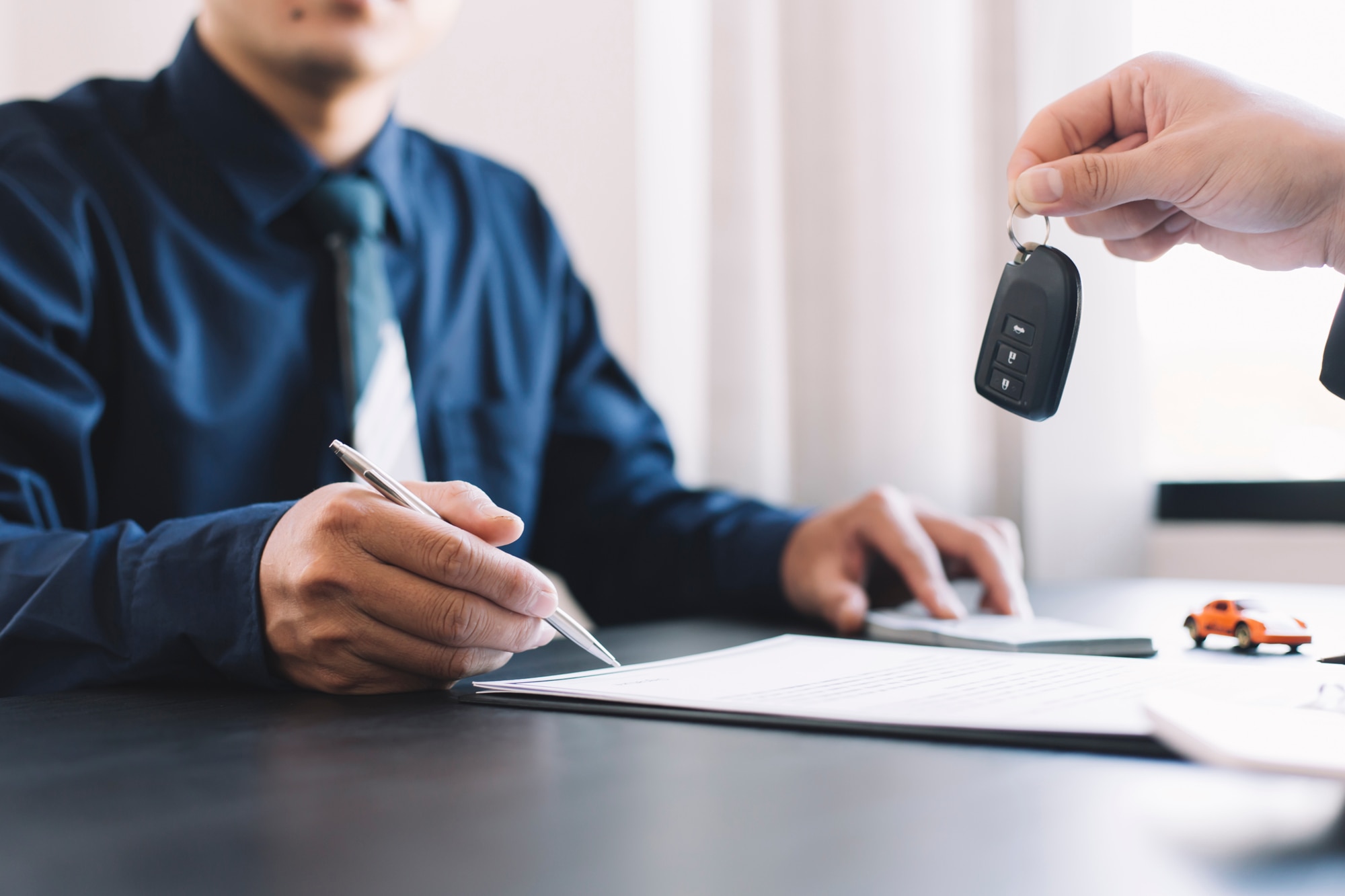Why You Might Not Be Able to Sell Your Leased Car to A Third Party
Losing a third-party lease buyout option might be a reason to buy the car yourself.
 Shutterstock
Shutterstock
If you lease your vehicle, you may have recently received a letter from the finance company delivering bad news. Many automakers have rescinded the option to accept a third-party lease buyout. Normally, at the end of the lease term, you can either buy the vehicle for the price stated in your contract or walk away from it. With few exceptions, though, you cannot accept a higher offer from a dealer of a different brand or a used-car retailer such as CarMax or Carvana.
The list of car companies still allowing third-party buyouts is short and could change, so if you lease, check with your finance company for its current policy. That said, buying your leased car could make a lot of sense.
Why Are You Losing This Lease-End Option?
The reason behind the new restriction is that market conditions have made your leased car considerably more valuable than when the finance company set its residual (buyout) value. Used car prices have risen by more than 40% since the end of 2021. Not surprisingly, carmakers want to capture that added profit for themselves and their dealers.
This unusual situation traces to the pandemic. Auto factories and their global supply chains shut down in 2019, resulting in a decline in new-vehicle availability that sent more buyers into the used-vehicle market. As demand spiked, prices followed.
Even after production resumed, persistent supply-chain disruptions, especially for the wide array of computer chips required in modern vehicles, curtailed production and dealer inventory. New car buyers saw their bargaining power diminished, and the ripple effect carried into the used-vehicle market. Now, automakers want to help keep their dealers supplied with valuable off-lease vehicles to sell.
Good News for Some Lease Customers
Although some experts see signs of “normalcy” returning to the used car market, others expect current conditions to prevail at least through the end of 2022, and possibly beyond. That could be a strong reason to consider buying your leased vehicle.
If your contract’s stated buyout price is lower than today’s market value, you would be locking in that “discount” by purchasing the car. If you walk away from the vehicle to lease or buy another, you face a hot market. New vehicle prices have risen by almost 10% in the last year alone, driving the average transaction price to historic highs. It is now common for customers to pay over the MSRP, and some popular models are in short supply.
You Have Options
While some services have sprung up promising to bypass third-party lease buyout restrictions, it’s a “buyer beware” scenario. Scrutinize such deals very carefully.
If you do not have the cash needed to buy your leased car, the easiest choice might be to finance the purchase through the original dealer. Other options include a used vehicle loan from a bank or home equity line of credit which requires your home to be used as collateral, meaning your home (not the vehicle) would be at risk if you fall behind on payments. This line of credit is not normally recommended.
You could then keep the car or sell it, if you thought its market value made that choice worthwhile. Whichever route you choose, start planning several months before your lease terms ends.
Written by humans.
Edited by humans.
 Jim Koscs
Jim KoscsJim Koscs has been writing about cars for more than 30 years, his byline appearing in national enthusiast and trade publications, newspapers, and websites. He covers a broad spectrum of topics in automotive business, culture, collecting, design, history, racing, and technology. The "car thing" goes way back for Jim. At the 1968 New York Auto Show, he snuck away from his father to get a better look at a Rolls-Royce... from underneath it, to see if it had dual exhausts. (It didn't.)
Related articles
View more related articles